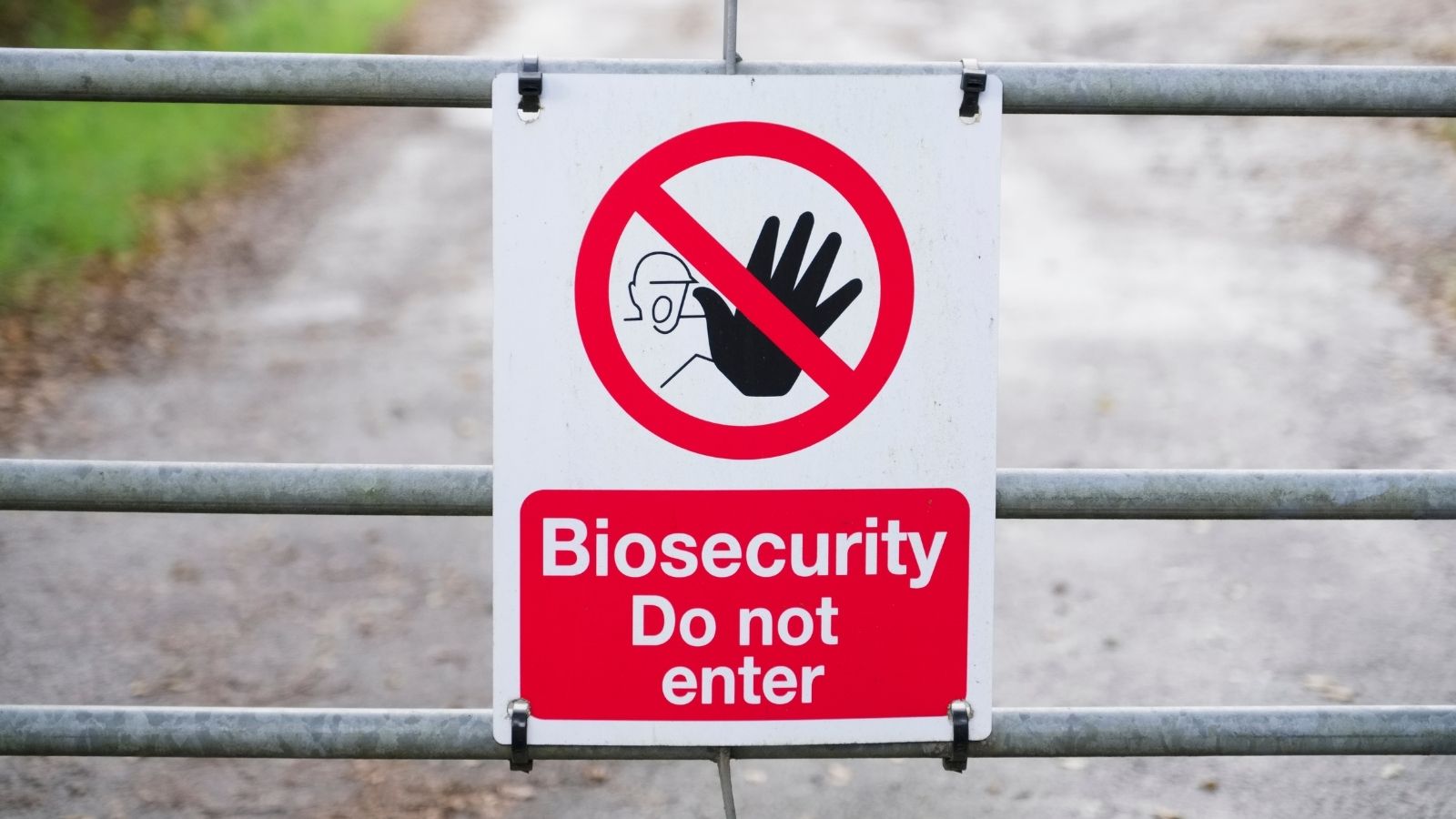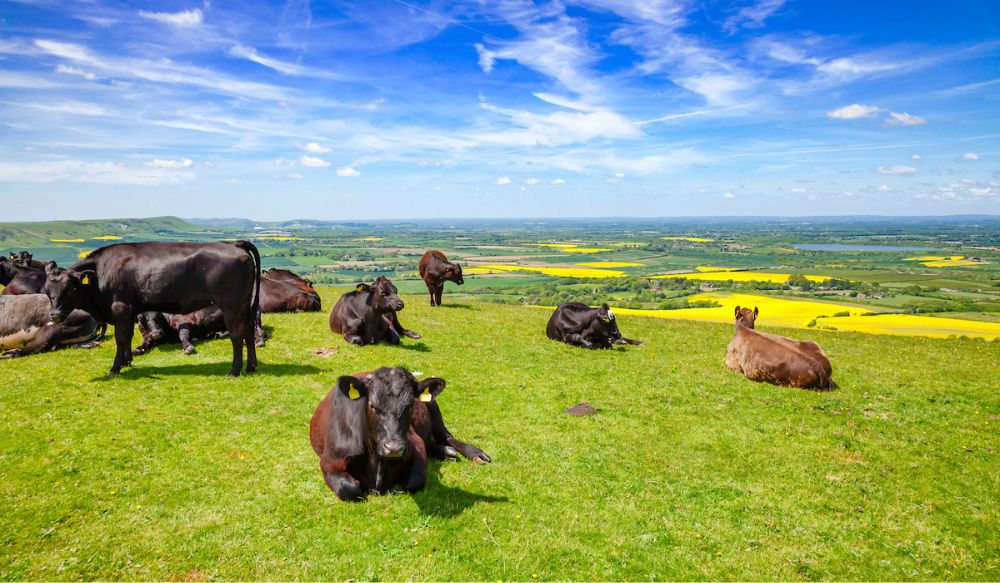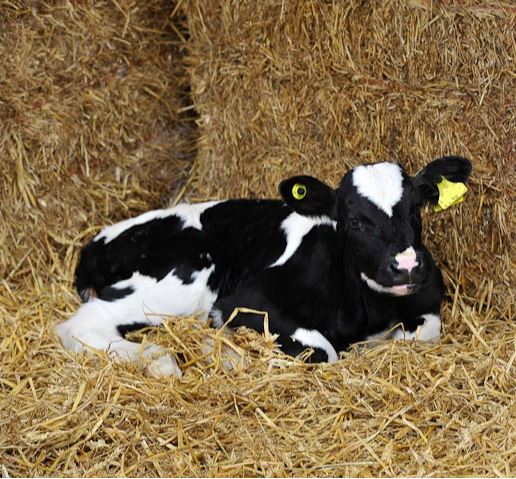- Home
- Knowledge library
- Infectious disease control in dairy cows: Provision of practical guidance on biosecurity and vaccination strategies
Infectious disease control in dairy cows: Provision of practical guidance on biosecurity and vaccination strategies
Summary
Biosecurity and vaccination are of enormous importance to livestock industries in controlling infectious disease. The lack of uptake of appropriate biosecurity measures (including vaccination) indicates that currently, there are barriers that prevent many dairy farmers from undertaking such measures.
Key Findings:
- Veterinarians are a valued source of expertise, guidance and advice for farmers in relation to how common diseases are, potential risk areas, and where prioritise preventive practices or vaccinations for improved disease prevention and control.
- Farmers can benefit from pro-actively engaging their vets in discussion on these issues.
- Active communication between veterinarians and farmers on the future direction of the farm is crucial for:
- maximising the value of the veterinarians' expertise in relation to disease prevention and control strategies. This may require farmers providing animal health records and production data to the veterinarian.
- to help optimise farmers' time and resources to increase animal health and production.
- Aside from deciding which vaccines to use, it is crucial to carry out each vaccination correctly (i.e. timing of vaccination, groups of animals to vaccinate, adequate equipment and hygiene when using equipment).
- Measures relating to the prevention of direct animal to animal contact (e.g. keeping a closed herd) scored much higher for effectiveness than measures relating to preventing indirect disease transmission (e.g. equipment sharing between farms)
- Both farmers and vets understand and emphasise the importance of disease control on farms.
- Farmers should plan and discuss vaccination strategies well in advance with veterinarians for the preceding year to enhance the success of any applied effort
- Farmers and veterinarians should coordinate discussions around disease prevention and control practices with other stakeholders visiting farms (e.g. consultants, nutritionists) to enable ‘joined up’ thinking and clearer and achievable goals
- The importance of direct animal to animal contact in biosecurity and risks of exposure through cattle to cattle contact should be emphasized, and move the discussion about biosecurity away from seeing it in terms of disinfection.
Report
Understanding challenges and perceptions of vaccination strategies
About this project
Aims and Objectives:
To combine current knowledge, farmer and veterinary surgeon beliefs and expert opinion on biosecurity and vaccination, alongside barriers to implementation, to develop a ‘best practice’ guideline for British dairy farms.




